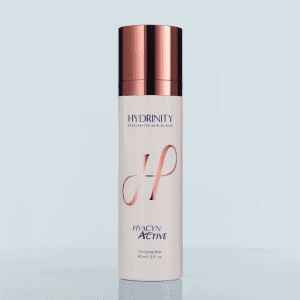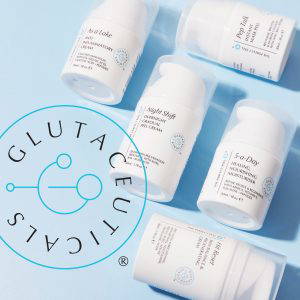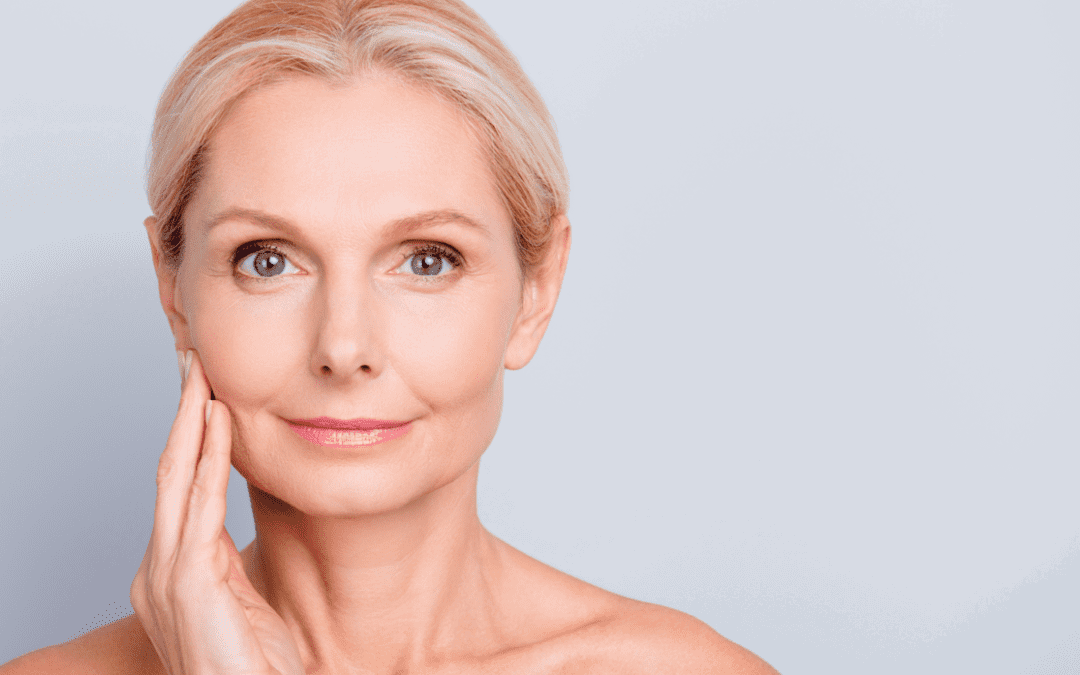Menopause and your skin
On average most women will experience menopause between the age of 45-55 and it is when the function of the ovaries cease. The process of menopause does not happen overnight, but rather is a gradual process. This so-called perimenopausal transition period is a different experience for each woman.
Some women may experience few or no symptoms of menopause, while others experience multiple physical and psychological symptoms. The extent and severity of symptoms varies significantly among women.
One of the physical changes that can occur is in the skin, Specifically, changes in skin texture and laxity, dryness, sudden appearance of adult acne and general skin quality and health can be affected.
Why can the menopause effect my skin?
The culprit – Hormones.
The ovaries are a source of estrogen and progesterone. During the menopause the ovaries become less responsive to the two other hormones involved in reproduction: Luteinizing Hormone (LH) and Follicle-Stimulating Hormone (FSH). As the ovaries age and release fewer hormones, FSH and LH can no longer perform their usual functions to regulate your estrogen, progesterone and testosterone. These changes in hormones and natural decline of estrogen levels during menopause can significantly impact your skin.
Lower levels of estrogen can drastically decline collagen levels resulting in skin more prone to thinning, sagging, and wrinkling. As the body stops making as much collagen; some people may experience some fat loss under your skin which effects the skin’s elasticity. That, combined with dryness caused by your oil glands being less active, can cause sagging — especially around the neck, jawline, and cheeks — and fine lines and wrinkles.
Despite the fact that menopausal skin tends to suffer more with dryness, acne can be an issue too. Again, due to the significant changes in hormones can trigger acne. Acne can also occur because of incorrect use of skincare in response the dryness means some women will use heavy creams or oils which leads to blocked pores.
How to help you skin?
Cleanse correctly
Use a cleanser that does not strip the skin of its natural oils and protective acid mantle. Our top recommendations are:
Hydrate Correctly
The heavier the face cream does not mean the more moisturising it is. The ingredient content is vital in ensuring the correct hydration for the skin. Our top recommendations are:
Powerhouse serum
Use products that designed to help increase collagen and elastin in the skin such as:
- Truth Treatment Systems | Transdermal C Balm
- NeoGenesis Recovery Serum
- iS Clinical | Super Serum Advanced +
Think about supplements
Tackling symptoms from the inside out is also very important. We would recommend looking at:
In-clinic treatments
In-clinic treatments to help manage the ageing process can help increase your skins own collagen levels such as:
- Profhilo -injectable HA
- PRP treatment
The menopause can be a very individual experience and one that can be hand to manage. These tips are very general advice and we would recommend speaking to a professional directly for a more personalised treatment approach.



